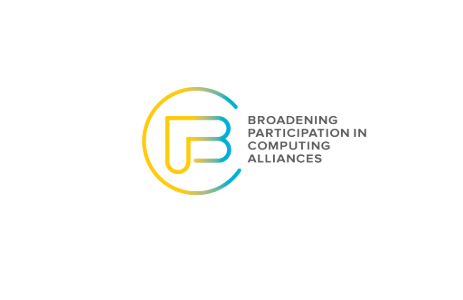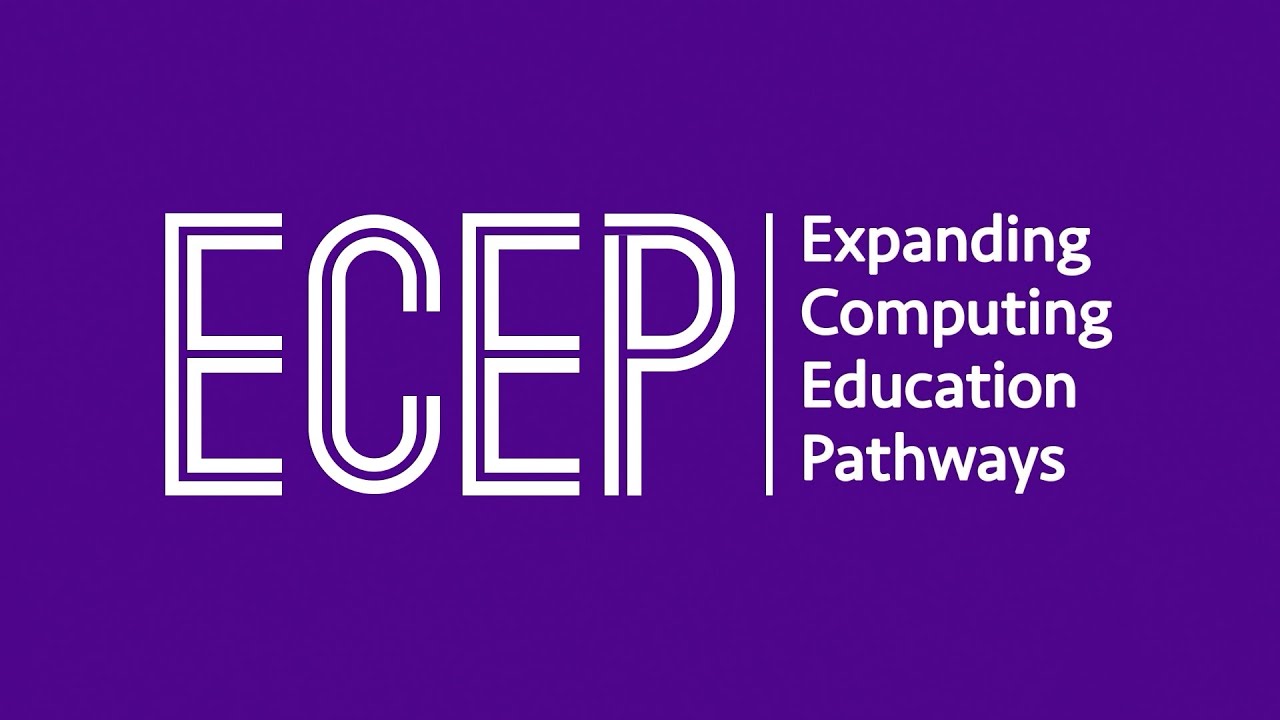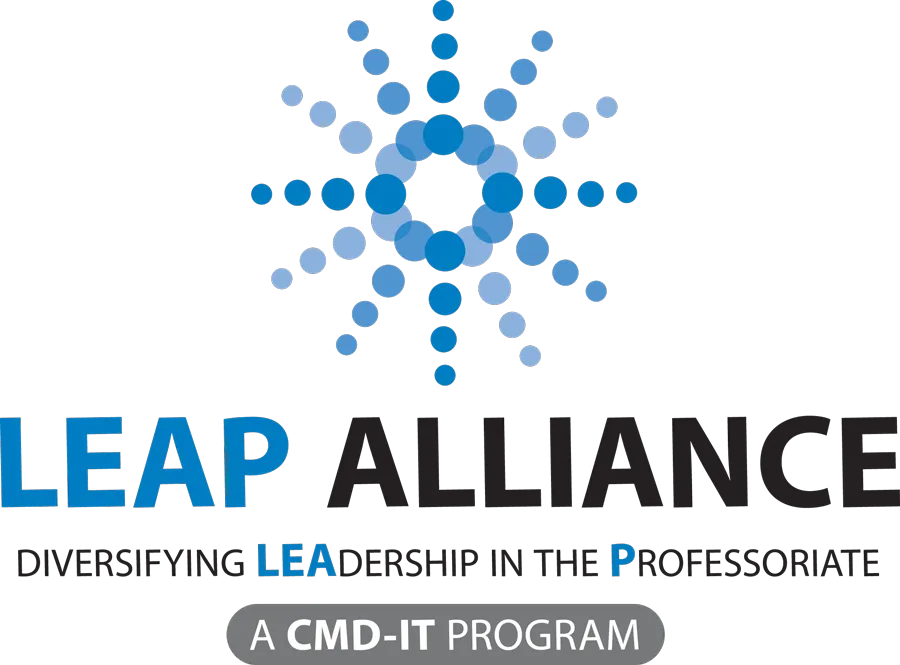BPC-A Accelerator
The BPC-A Accelerator is a collective of the NSF BPC Alliances to advance the goal of broadening participation in computing by sharing knowledge and maximizing use of the tools, knowledge, and resources available across the Alliances to develop sustainable solutions to address the lack of diversity in computing.

The purpose of the BPC-A Accelerator is to advance the NSF BPC Alliances’ mutual goal of broadening participation in computing by sharing knowledge and maximizing use of the tools, knowledge, and resources available across the Alliances to develop sustainable solutions to address the lack of diversity in computing. As a formal mechanism, these meetings will bring Alliance leadership and evaluators together to share resources, serve as “critical friends,” and identify challenges. We aim to amplify Alliance impact by identifying common goals, metrics, and practices. The BPC-A Accelerator coordinates with BPCnet and leverages additional partners such as the INCLUDES Hub, and CMD-IT, to learn, share, and avoid duplicated efforts. This coordination is critical to the sustainability of BPC, by helping us find common ground among projects to scale and disseminate findings and resources.











